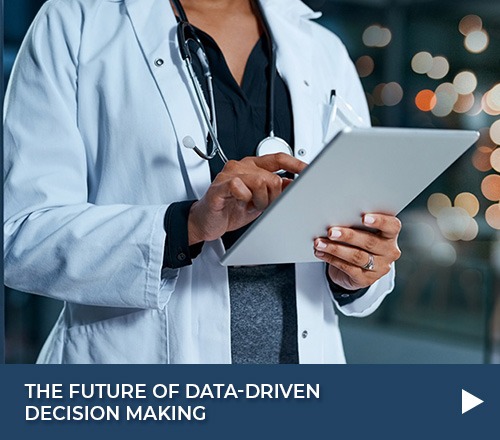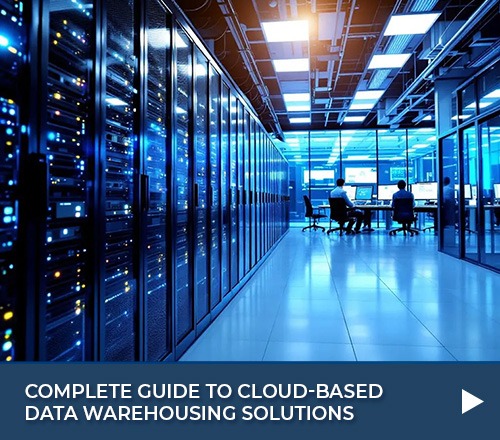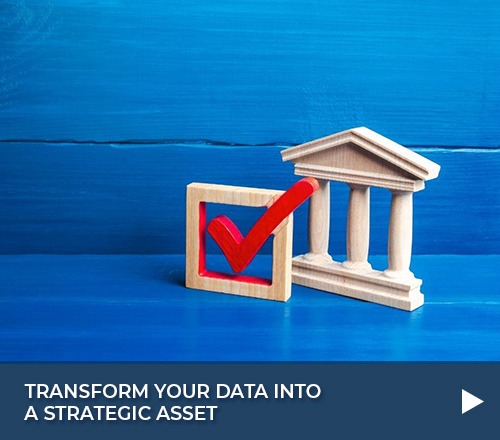Technical Capabilities and Expertise
Industry certifications from major platform vendors like Informatica, Collibra, and IBM demonstrate technical competence and partnership relationships. Certifications provide assurance that service providers have the skills needed for effective tool implementation and support.
Proven experience with your specific technology stack and cloud platforms ensures that service providers can work effectively with existing investments. Technology alignment reduces integration complexity and implementation risk.
Data science and AI governance expertise for machine learning model management becomes increasingly important as organizations deploy more AI and analytics. Modern governance must address algorithm transparency, bias detection, and model lifecycle management.
DevOps integration capabilities for governance automation and CI/CD pipelines enable governance to keep pace with modern development practices. Governance processes must integrate seamlessly with agile development and continuous deployment practices.
Industry Experience and References
Demonstrated success in your industry with relevant regulatory compliance experience provides confidence that service providers understand specific requirements and challenges. Industry experience translates into more relevant guidance and faster implementation.
Case studies showing measurable business outcomes and ROI achievement provide evidence of service provider effectiveness. Concrete examples of success help organizations set realistic expectations and evaluate potential value.
Client references from similar-sized organizations with comparable data challenges enable direct validation of service provider claims. Reference conversations provide insights into actual experience and outcomes.
Industry recognition from analysts like Gartner, Forrester, and Everest Group provides independent validation of service provider capabilities and market position. Analyst recognition indicates broad industry acknowledgment of expertise and effectiveness.
Service Level Agreements and Support
99.9% uptime guarantees with disaster recovery and business continuity planning ensure that governance services remain available when needed. Robust service levels provide confidence in service reliability and availability.
Response time commitments for critical issues and routine support requests provide clear expectations for service delivery. Well-defined response times ensure that issues are addressed promptly and appropriately.
Data sovereignty and security certifications including SOC 2 Type II and ISO 27001 demonstrate commitment to security and compliance. Security certifications provide assurance that service providers can handle sensitive data appropriately.
Flexible engagement models supporting both project-based and ongoing managed services enable organizations to select the service approach that best fits their needs and resources. Flexible models accommodate different organizational preferences and constraints.
The journey toward effective data governance represents more than a technical transformation—it’s a strategic imperative that can determine competitive advantage in the data economy. Organizations that implement robust data governance frameworks through professional services don’t just improve their data quality; they fundamentally enhance their ability to make informed decisions, respond to market opportunities, and navigate regulatory requirements with confidence.
Professional data governance services provide the expertise, methodologies, and support needed to transform data from a operational challenge into a strategic asset. Whether through consulting engagements that build internal capabilities, managed services that provide ongoing expertise, or technology implementations that enable scalable governance, these services offer proven paths to governance success.
The question isn’t whether your organization needs better data governance—it’s whether you’ll build these capabilities internally or leverage professional services to accelerate your journey. Given the complexity of modern data environments, the pace of regulatory change, and the competitive importance of data-driven insights, professional data governance services offer the fastest, most reliable path to governance maturity and business value.















